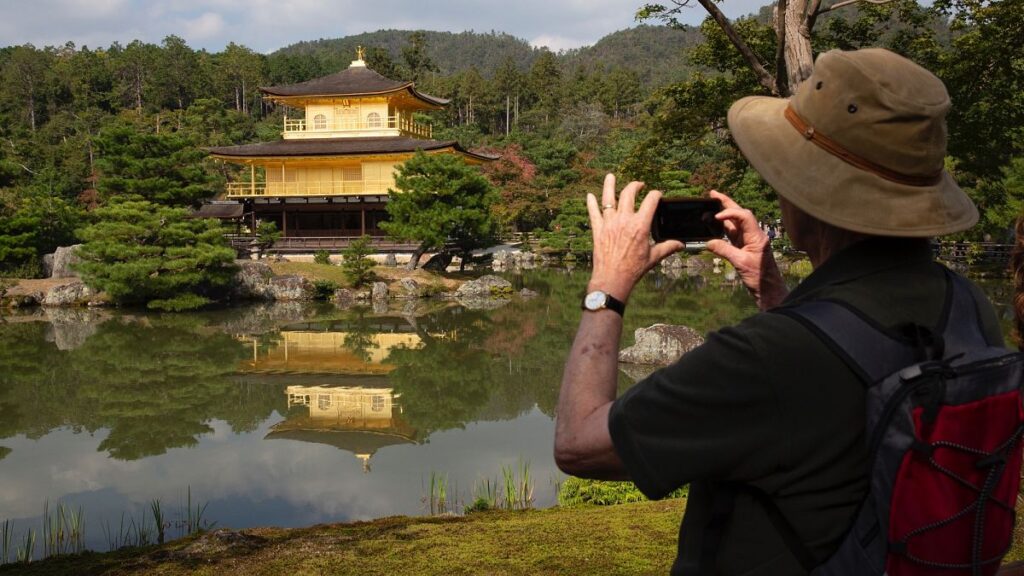Japan has approved its highest-ever hotel tax to help “enhance” its appeal and promote sustainable tourism, following months of delay.
Last week (3 October), the Ministry of Internal Affairs and Communications confirmed that the levy, which was first proposed back in March, will come into effect next year in the city of Kyoto.
It marks the first increase since the tax was introduced back in October 2018, and is slated to boost the city’s revenue from accommodation tax from ¥5.2 billion (€31.8 million) to ¥12.6 billion (€71.5 million).
Currently, Kyoto’s accommodation tax is capped at just ¥1,000 per night (approximately €5.68).
Kyoto’s hotel tax: How much will visitors have to pay?
The approved tax hike is based on the price of your accommodation, meaning not everybody will be charged the same.
Those staying in luxury hotels will be hit the hardest, having to fork out ¥10,000 per night, which works out at around €56.84.
A ¥4,000 (€22.73) tax per night will be applied for rooms costing between ¥50,000 and ¥99,999 (€284.10 and €568.19), while a ¥1,000 (€5.68) tax will be added to rooms costing between ¥20,000 and ¥49,999 (€113.64 and €284.09).
For more budget accommodation types, costing between ¥6,000 and ¥19,999 (€34.09 and €113.61), the tax will only be ¥400 (€2.27) per night.
The lowest tax of ¥200 (€1.14) will be applied for any accommodation priced below ¥6,000 (less than €34.09).
Overtourism in Japan
Kyoto’s highest-ever accommodation tax follows the country’s skyrocketing popularity, which has sparked concern amongst locals.
Last year, a record-breaking 36.9 million international visitors flocked to Japan, a 15.6 per cent spike compared to its previous record in 2019.
While the influx might be good for the country’s economy, it is already leading to problems.
At Mount Fuji, concerns are growing over pollution and safety as human traffic jams clog up the slopes.
Local authorities have already outlined plans to bolster infrastructure and expand bus fleets to cope with the sheer demand.
‘Little negative impact’
However, Kyoto’s accommodation tax is not designed to deter tourists from visiting – and has been implemented to make sure tourists are “bearing the cost of countermeasures against overtourism”.
“After years of record demand, many destinations are seeking to reduce pressure on infrastructure and local communities while ensuring that the economic benefits of tourism are distributed more fairly,” Nicholas Smith, Holidays Digital Director at Thomas Cook online travel agency, tells Euronews Travel.
“In practice, these taxes are rarely meant to discourage travel – they are designed to reinvest in the very things that make cities attractive: cultural preservation, public transport, cleanliness, and better visitor management.”
Due to Kyoto’s tiered tax system, Smith argues that the accommodation tax will actually have “little negative impact if they go hand in hand with value creation”.
He adds: “Travellers choosing premium accommodation are motivated by quality and authenticity; when they see that their contribution supports local sustainability and improves the destination, it enhances rather than diminishes their experience.”
Read the full article here

